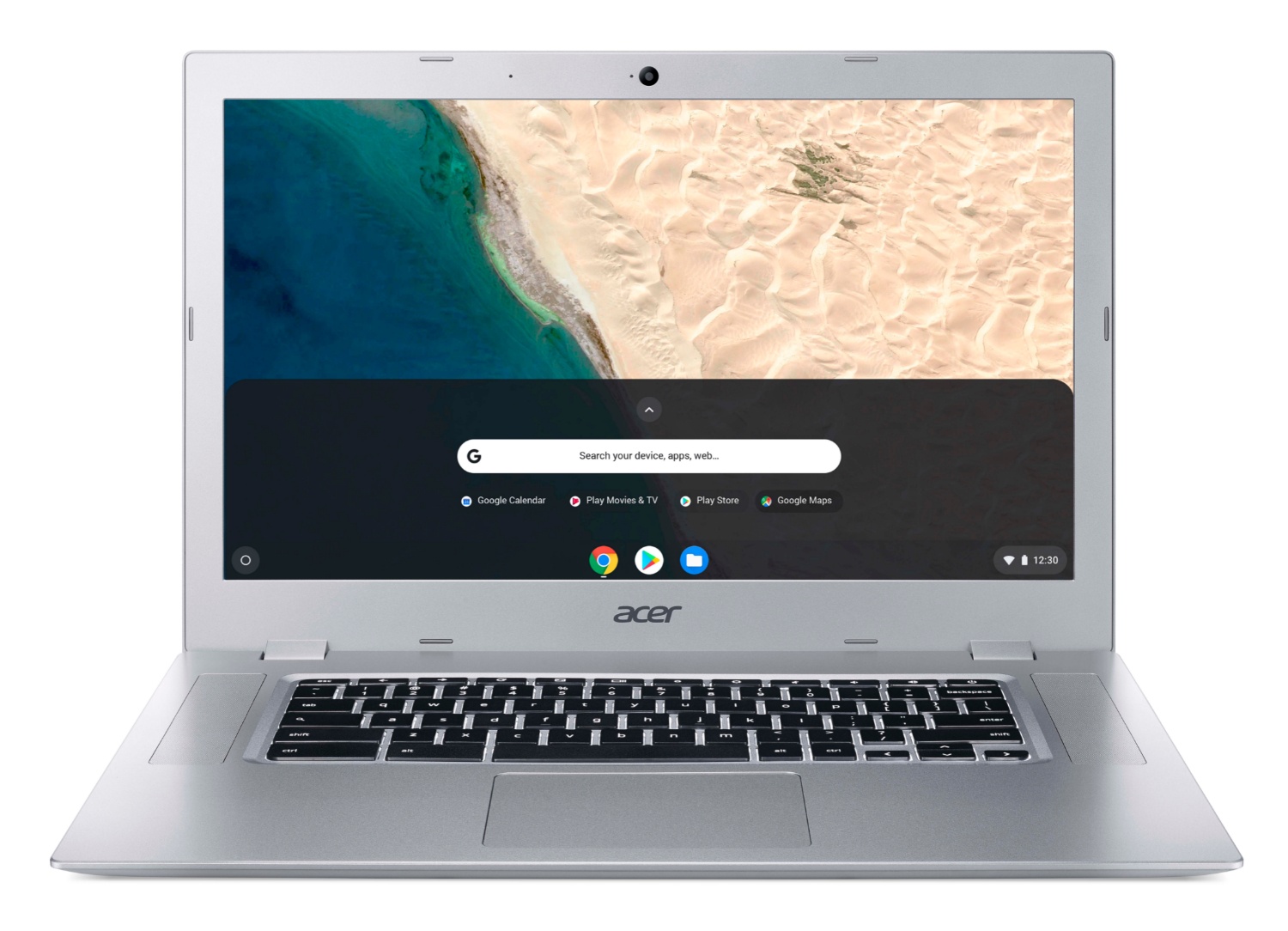Laptop Makers Turn to AMD During Intel CPU Shortage - Report
Intel's ongoing CPU shortage has reportedly given AMD the chance to get its processors into more laptops. The company still isn't expected to seize the laptop market--Intel's lead is too well-established for that--but the gains could at least mean that AMD will be more than an also-ran.
DigiTimes based its report on anonymous "sources from the upstream supply chain." (Which means, of course, that it shouldn't be taken as gospel.) Those sources reportedly said that Intel's prioritization of processor shipments to companies like HP, Lenovo, Dell, and Apple have forced other laptop-makers to use AMD CPUs in their products. Acer and Asus in particular are said to have turned to AMD in their newest laptop models.
Asus confirmed in December 2018 that Intel's processor shortage was negatively affecting its business. The lack of availability for new CPUs doesn't just affect pre-built systems and laptops; it also leads people to buy fewer motherboards because they have to wait to upgrade their processors. It's no surprise, then, when reports claim that companies are turning to AMD instead of waiting around for Intel while multiple revenue streams fall.
The same anonymous sources were also said to have pegged the ceiling for AMD's share of the laptop market at roughly 20 percent. That's a notable increase from where it's at now (somewhere between 10 and 15 percent) but still not a particularly large segment of the market. This might change if Intel's efforts to increase CPU production by the second quarter of 2019 fall short, though, or if laptop demand is higher than expected.
None of which is to say that AMD's rising popularity can only be attributed to Intel's shortages. The company's Ryzen Mobile processors have steadily improved, and even companies like HP are using AMD CPUs in some of their new laptops. Companies are being forced to look elsewhere for their processors, sure, but in recent years they've also become more open to putting chips from the likes of AMD or Qualcomm in their laptops.
The question now is how AMD and Qualcomm will capitalize on the opportunity Intel accidentally gave them. It's not enough to be an oasis for companies parched for processors; these companies need their products to be the beverage of choice even when Intel's wares are readily available. Until that happens, it'll be hard to tell if their gains in these markets are more than just the result of being the only reliable option.
Get Tom's Hardware's best news and in-depth reviews, straight to your inbox.

Nathaniel Mott is a freelance news and features writer for Tom's Hardware US, covering breaking news, security, and the silliest aspects of the tech industry.
